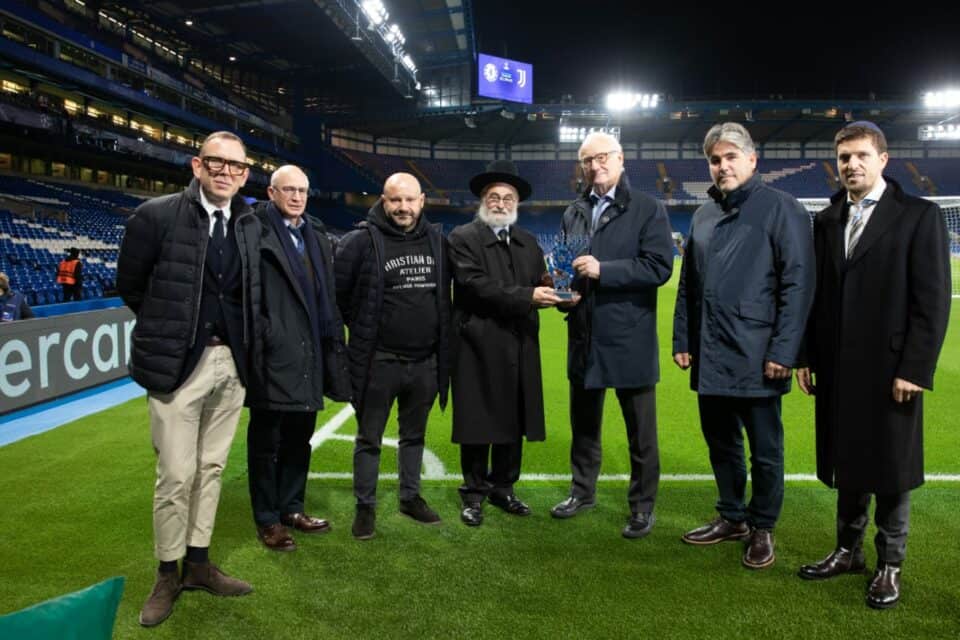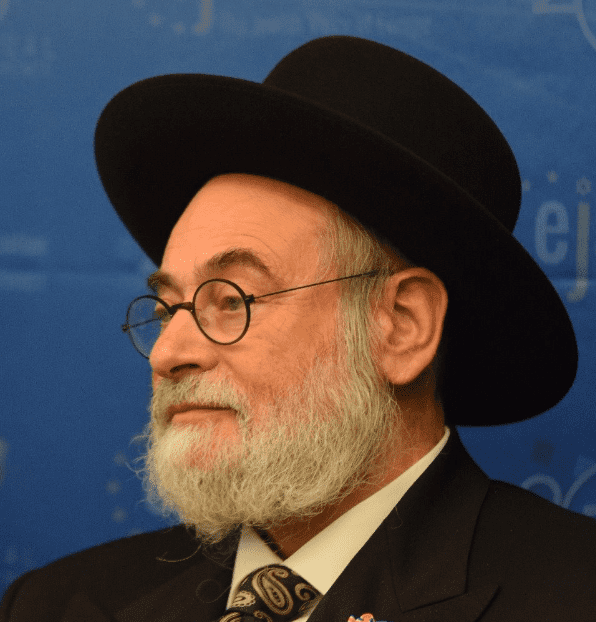Today, the European Commission is becoming a permanent international partner to the International Holocaust Remembrance Alliance (IHRA). The participation of the EU in this international body will allow closer cooperation on combating Holocaust denial and preventing racism, xenophobia and antisemitism.
This is a direct follow-up to President Juncker’s call for closer international cooperation in his statement on Holocaust Remembrance Day, this 27 January, as well as the European Parliament’s resolution on combating Antisemitism of June 2017.
First Vice-President Frans Timmermans said: “With a decreasing number of Holocaust survivors and at a time when Antisemitism is on the rise, we need to foster the memory of the darkest chapter in our history. The EU joining the International Holocaust Remembrance Alliance will help promote understanding so that future generations will heed the lessons of our past.”
Commissioner for Justice, Consumers and Gender Equality, Vera Jourová added: “This commitment is part of our wider effort to fight against Antisemitism. Our involvement in the International Holocaust Remembrance Alliance has special importance at a time when Holocaust denial is spreading.”
Today, at the plenary meeting of the International Holocaust Remembrance Alliance, the EU Coordinator on Combatting Antisemitism will officially accept the role. As a result, the Commission will represent the EU in this body, which provides expertise on Holocaust denial, distortion or Antisemitism.
It will give the Commission access to the expertise of International Holocaust Remembrance Alliance’s Working Groups on education, particularly on key challenges like multi-cultural and multi-religious classrooms and inclusive remembrance. More information on the Commission’s work on combatting Antisemitism can be found online here.















